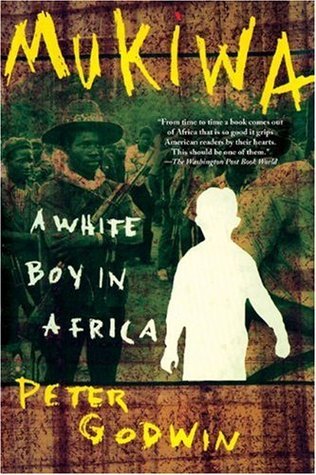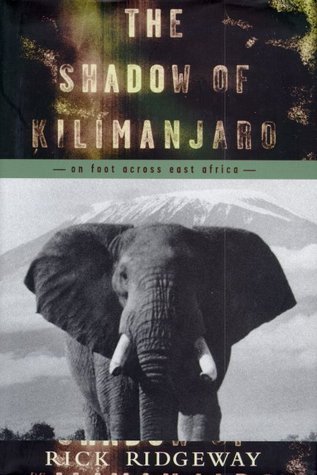
The Shadow of the Sun
Book Description
A continent caught in the crossfire of ancient traditions and modern turmoil, 'The Shadow of the Sun' thrusts readers into the heart of Africa's tumultuous landscapes. With each page, vivid stories of resilience and despair unfold, revealing the clashes between cultures and the impact of colonialism. Kapuściński's sharp observations transform the struggles of everyday lives into powerful parables of hope and horror. As voices rise in a chorus of unity and discord, one question lingers: how will the shadows of the past shape the future that awaits?
Quick Book Summary
"The Shadow of the Sun" by Ryszard Kapuściński is a deeply personal and evocative chronicle of Africa’s complex realities from the 1950s to the 1990s. Through vivid reportage and intimate encounters, Kapuściński explores the continent’s political upheavals, colonial legacies, and social fabric, offering readers a nuanced tapestry of cultures, conflicts, and enduring human spirit. His narratives traverse war zones, remote villages, and bustling cities, highlighting both the beauty and brutality of everyday life. With sensitivity and humility, Kapuściński bears witness to Africa’s historical transformations, capturing the paradoxes of hope, despair, tradition, and change. The book stands as both a memoir of a foreign correspondent and a profound meditation on the forces shaping Africa’s past, present, and future.
Summary of Key Ideas
Table of Contents
The Legacy of Colonialism and Independence
Kapuściński’s work opens with reflections on the legacy of colonialism, documenting Africa’s turbulent transition to independence. He witnesses the chaos and optimism as newly liberated nations grapple with self-definition, often facing violent power struggles and fragile governments. The specters of arbitrary borders, imposed languages, and state institutions haunt postcolonial societies, contributing to instability and disillusionment. The author’s keen observations reveal how colonial legacies persist in bureaucracy, economic systems, and the psyche of both rulers and the ruled, entangling the continent in complex webs of continuity and change.
Encounters with African Cultures and Traditions
Much of Kapuściński’s narrative centers on direct, often harrowing encounters with Africa’s diverse cultures and traditions. Traveling extensively, he participates in rituals, learns local customs, and builds relationships with people from various ethnic and social backgrounds. Through these interactions, the book dismantles monolithic perceptions of Africa, instead showcasing a mosaic of identities, languages, and worldviews. The vivid stories—sometimes joyous, sometimes heartbreaking—demonstrate how tradition and modernity coexist or collide, shaping daily realities in profound ways.
Survival and Resilience Amidst Turmoil
Amidst wars, coups, famine, and disease, the resilience and ingenuity of ordinary Africans shine through. Kapuściński details the resourcefulness required to navigate scarcity and uncertainty, whether in escaping violence, negotiating with corrupt officials, or coping with economic collapse. The struggles of individuals—farmers, refugees, traders, and soldiers—reveal both the suffering and the extraordinary will to survive. Moments of kindness and solidarity stand out against the backdrop of adversity, highlighting the complexity of human relationships under stress.
Everyday Life and the Human Condition
In quieter episodes, the book dwells on scenes of everyday life: market transactions, family gatherings, shared meals, and moments of laughter. Kapuściński is attuned to subtleties: gestures, facial expressions, and the rhythms of conversation. These details infuse the narrative with warmth and humanity, allowing readers to glimpse the joys and sorrows that define existence beyond headlines and grand political narratives. Such intimate insights reinforce the interconnectedness of private and public histories, deepening the reader’s empathy and understanding.
The Role of the Observer and Storyteller
Throughout, Kapuściński reflects upon his own role as journalist and outsider. He acknowledges the limitations and responsibilities of bearing witness, often questioning the adequacy of language and observation to convey the full truth. The act of storytelling, he argues, is both an exploration and a negotiation—between his own perspective and those of the people he meets. His humility and curiosity invite readers to consider their own preconceptions, making "The Shadow of the Sun" not only a document of Africa but also a meditation on the ethics of reporting and the power of narrative itself.
Download This Summary
Get a free PDF of this summary instantly — no email required.





